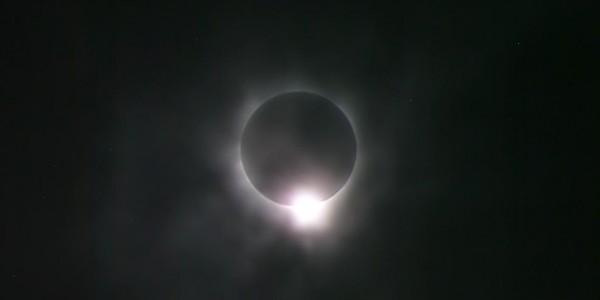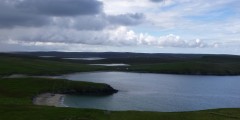Eclipses and comets and portents (oh my)
March 18, 2015
Contrary to popular opinion medieval people did not think that the world was flat. Educated people worked on an Aristotelean idea that the world was round and that it had different zones (including places that were either too hot or too cold to live in). However, medieval people, just in Antiquity, did not know that …
Prophecies and politics (or: anarchy in ASE)
October 11, 2013
Bob Geldof has joined the ranks of doom mongers when he predicted that the world only has a good 17 years left to go. While there are plenty of reasons to be pessimistic, given all the current wars and human tragedy, the idea that the end is nigh has been around for a long time. …
Different Strokes
September 6, 2013
Last Sunday I joined the community cycle ride as part of the University of Nottingham’s Life Cycle 3, and while I was cycling along with my IMR colleague Gaby Neher I was pondering the nature of stroke rehabilitation in Anglo-Saxon England. For all the difference between Anglo-Saxon life experience and our own, there are some …
Frost and Famine
March 28, 2013
The ongoing cold weather continues to dominate our news. March in Old English is hreðmonað ‘rough/cruel month’ and this March certainly plays up to its medieval title. With a fear of energy shortages we may perhaps understand why winter and early spring were difficult times for our medieval ancestors. Most of the food that had …
Deadly companions: a world without antibiotics
March 18, 2013
In the wake of headlines telling us about the imminent threat of antibiotic resistance I had to think about my own research on the impact of epidemics on early medieval societies. The medieval period can clearly show us what a world without effective antibiotics could be like. When the Middle Ages are portrayed in popular …





